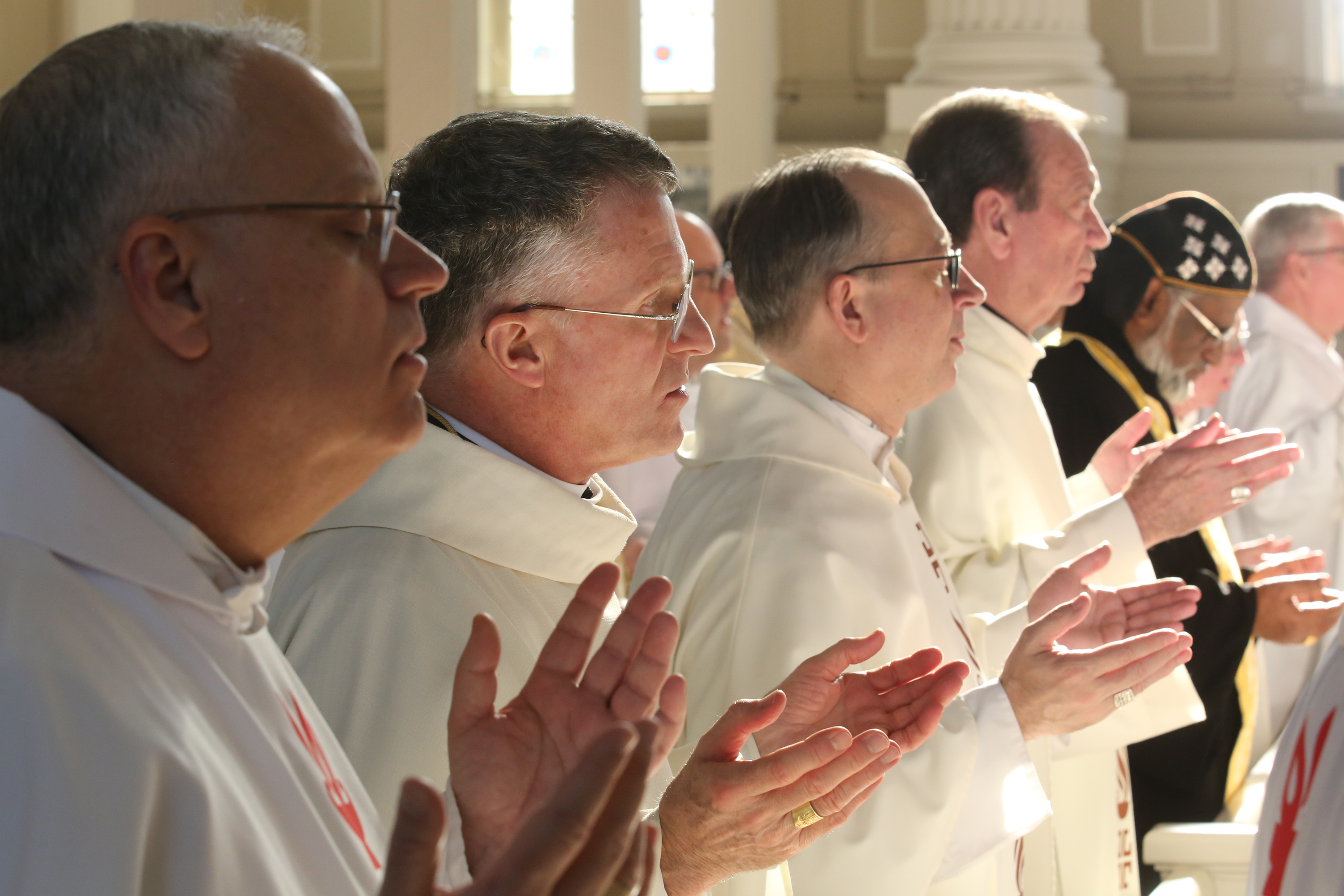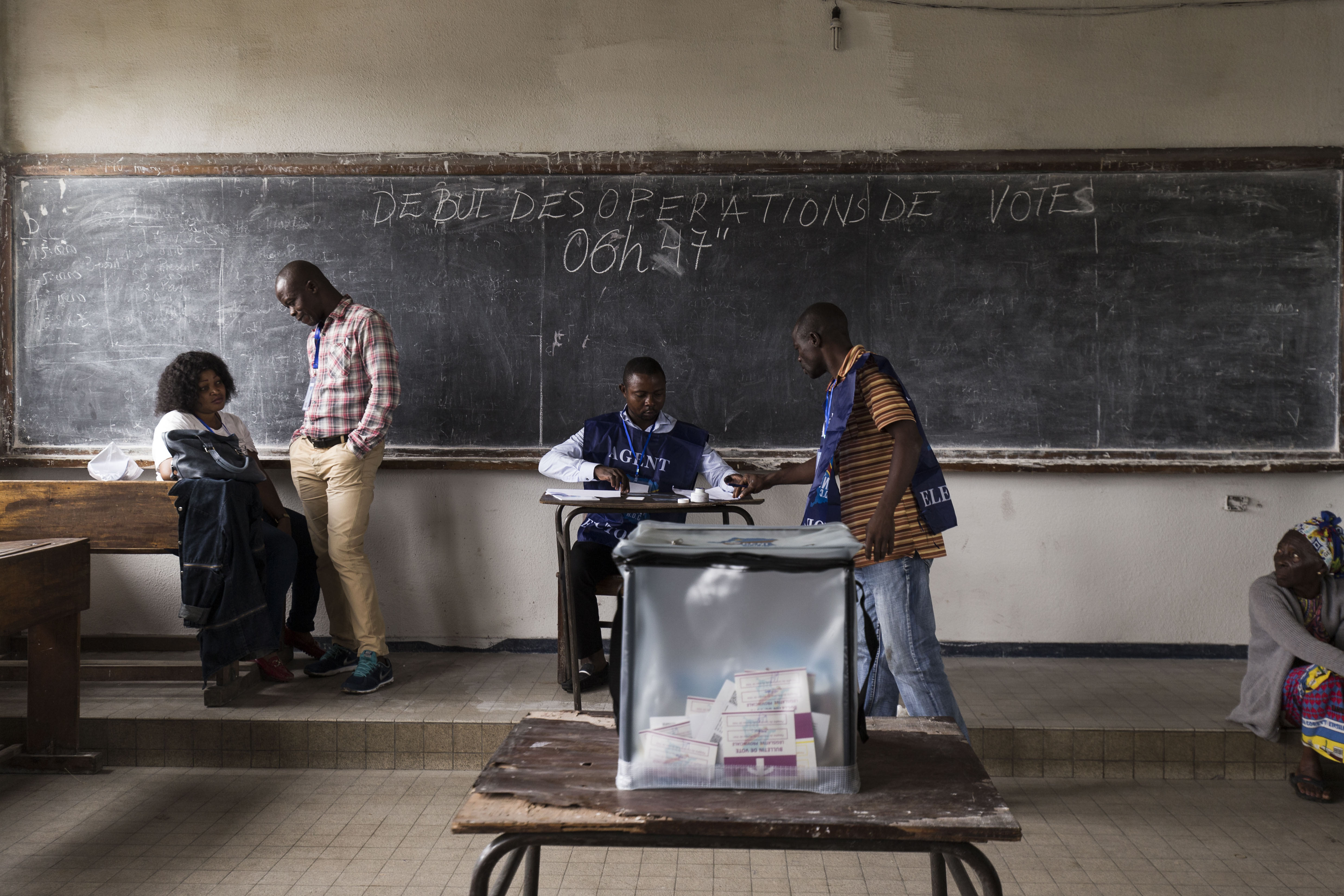The Catholic Church in the Democratic Republic of Congo (DRC) said that it knew who had won the country's presidential elections and called on the authorities to publish the results.
The DRC Bishops Conference (CENCO), said on 3 January that "data in its possession from vote counting reports from polling stations designates the selection of one candidate as president." It called on election overseers "to publish the election results in keeping with truth and justice".
CENCO said it deployed more than 40,000 observers across the country to monitor the 30 December vote, the first presidential ballot since 2011.
The outcome of the vote will decide a successor to incumbent President Joseph Kabila, who is due to step down this month after 18 years in power.
Kabila’s two-term mandate officially expired in 2016. His remaining in power subsequently ignited violent protests in which security forces killed dozens of people.
Elections to succeed him were delayed several times before they finally took place on 30 December.
The opposition has since said that the vote was marred by widespread irregularities. According to reports, more than one million people were prevented from voting in opposition strongholds, after the electoral commission cancelled the polls there citing an outbreak of Ebola.
The government has also cut Internet access until the poll results are announced, saying this is a necessary measure to prevent the spread of fake news. According to the election observation body, SYMOCEL, 24 per cent of the polling stations it observed closed without allowing those still in line at closing time to cast their ballots, as required by law. It also said that 27 per cent of polling stations opened late and that 18 per cent had problems with malfunctioning electronic voting machines. In 17 per cent of the stations people not registered on the voting roll or who did not have voting cards were allowed to vote regardless.
A spokesman for the government, Lambert Mende, yesterday (3 January) defended the credibility of the election and said the decision to cancel voting in the Ebola-hit cities of Beni and Butembo was justified due to safety concerns.
A spokesman for CENCO’s election monitoring team, the Electoral Observation Mission of the Peace and Justice Commission said: "It is importance to emphasise that the irregularities that were observed were not able to significantly affect the choice which the Congolese people clearly expressed through the ballot box."
Pre-election polling placed Kabila’s preferred candidate, ex-Minister of the Interior Emmanuel Ramazani Shadary, significantly behind main opposition candidates, Martin Fayulu and Felix Tshisekedi.
Both Shadary and the opposition say they expect to win the vote.
DRC has not had a peaceful handover of power since it gained independence from Belgium in 1960. Its 2006 and 2011 elections were marred by violence.



 Loading ...
Loading ...